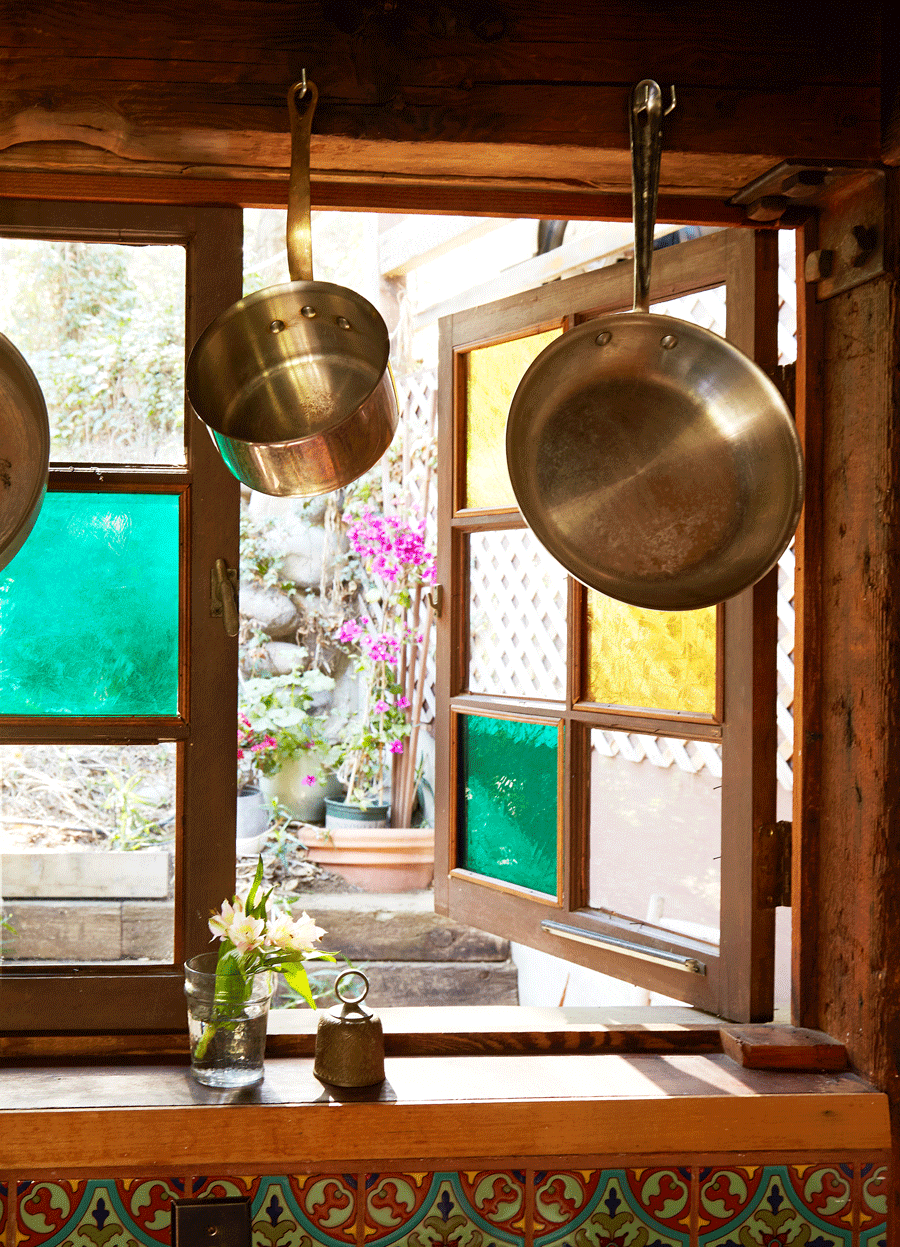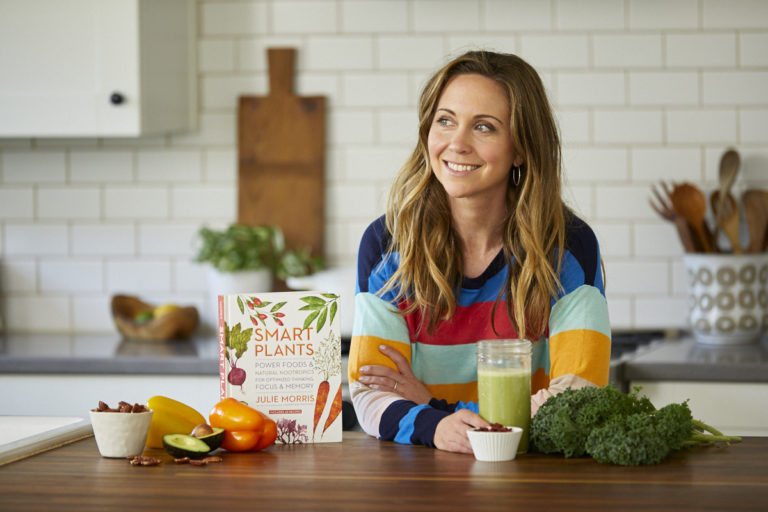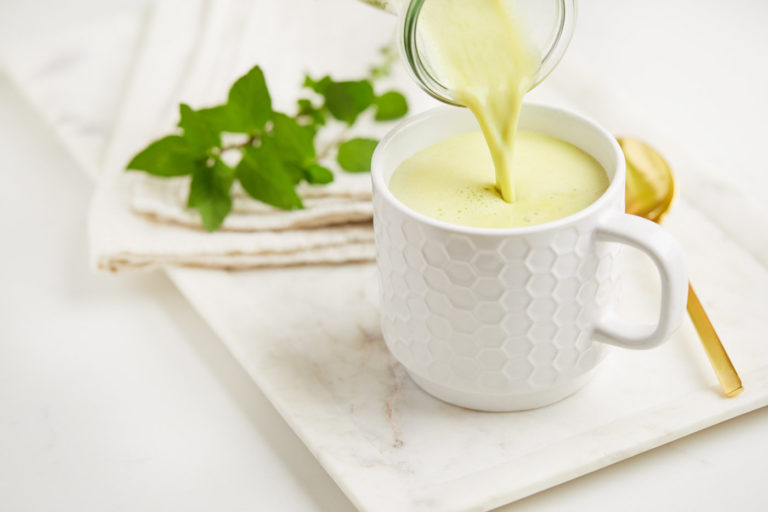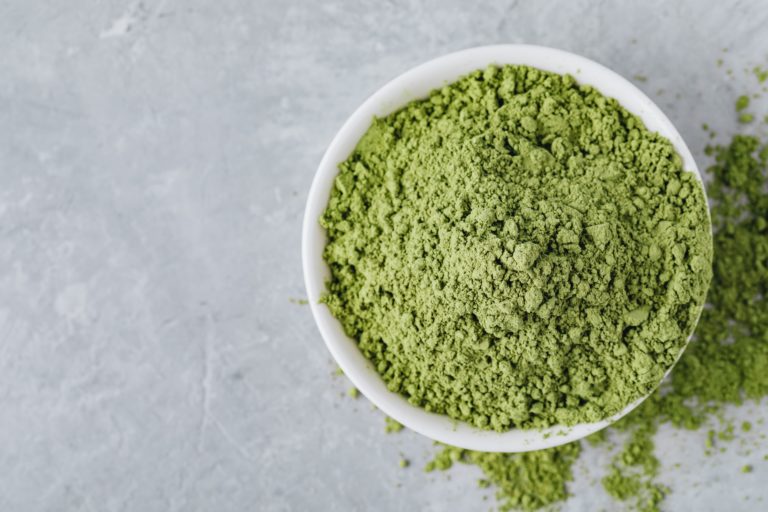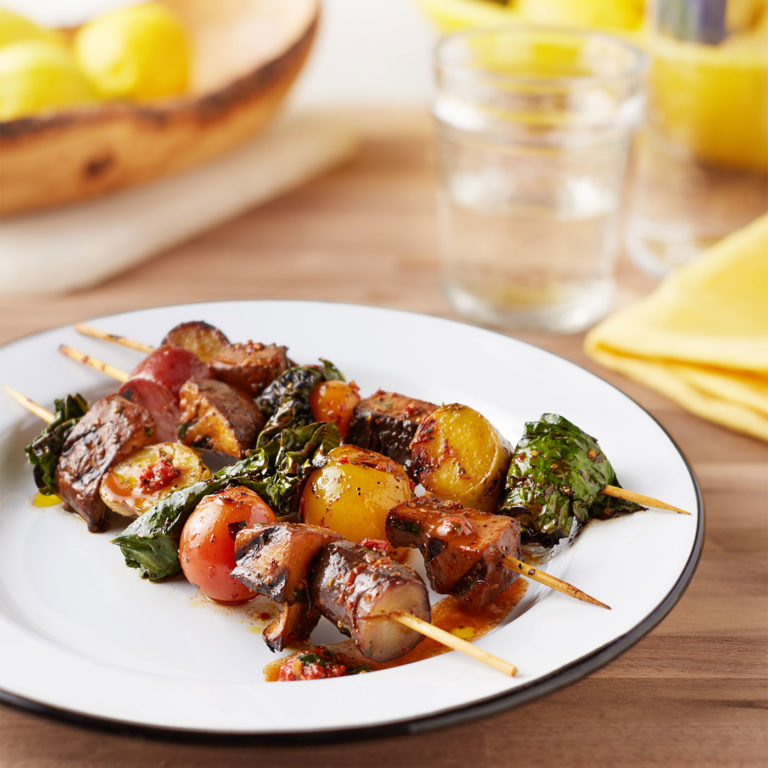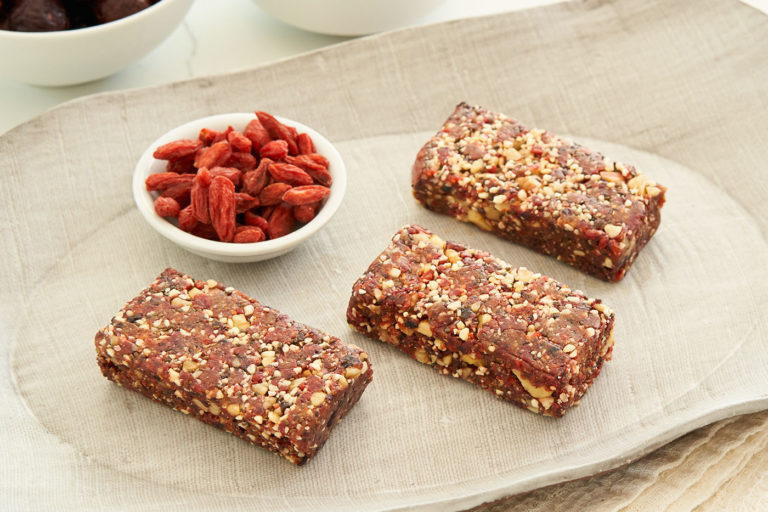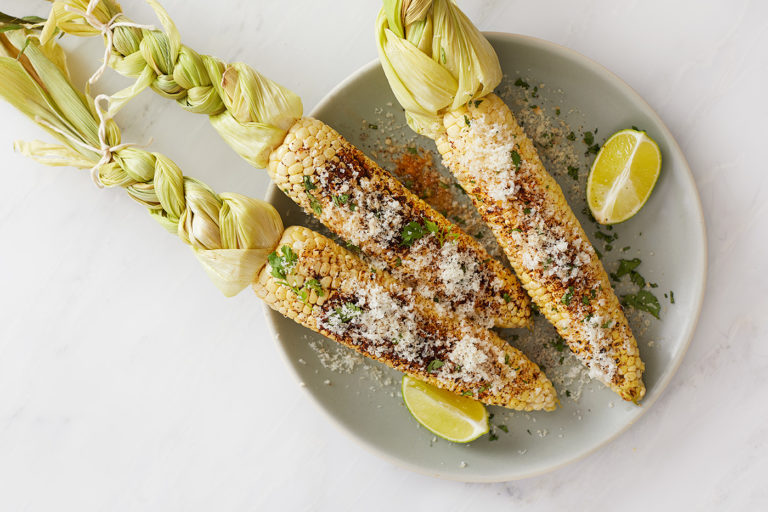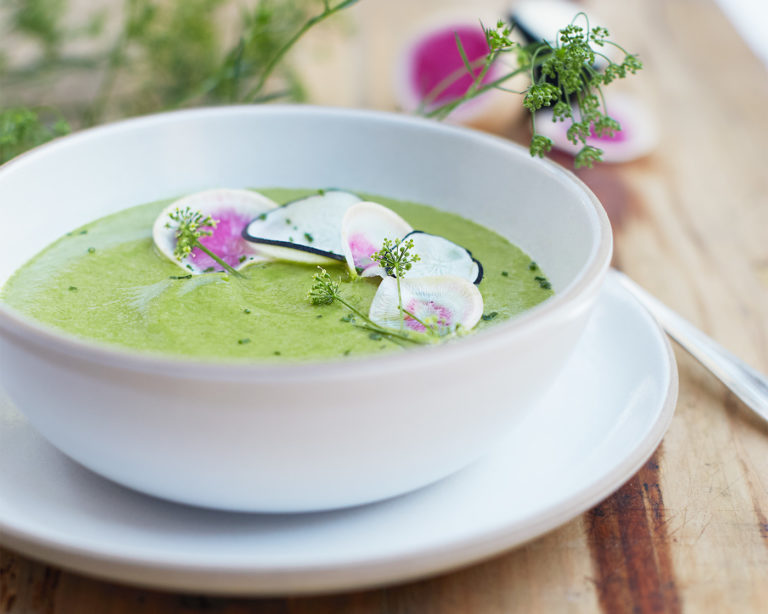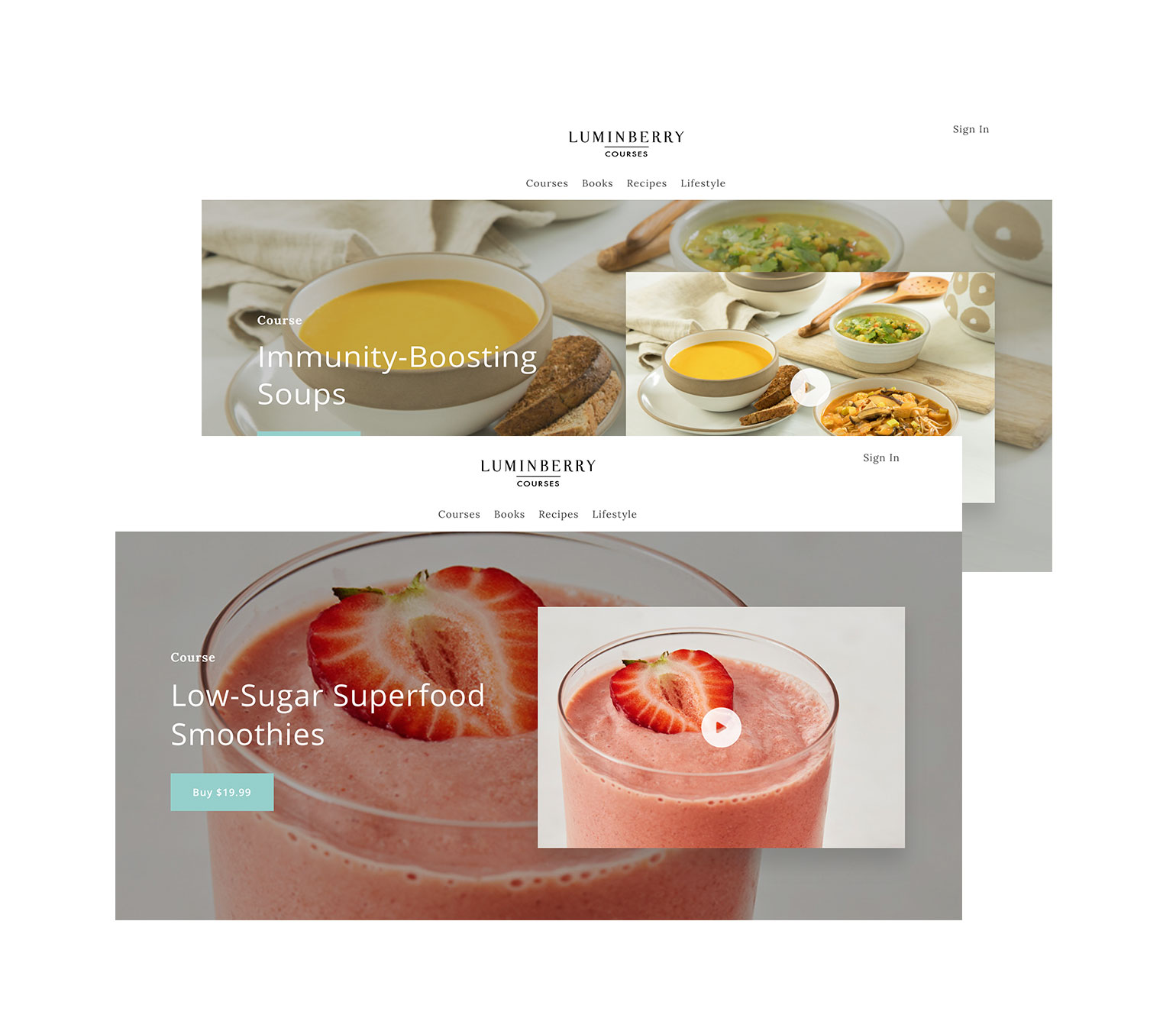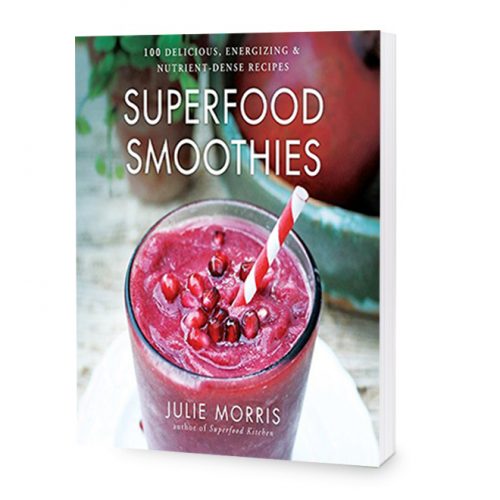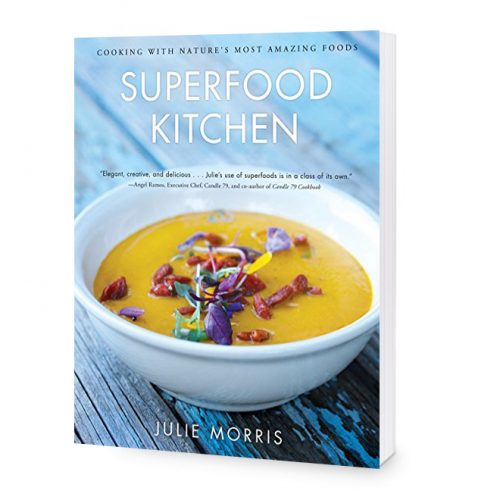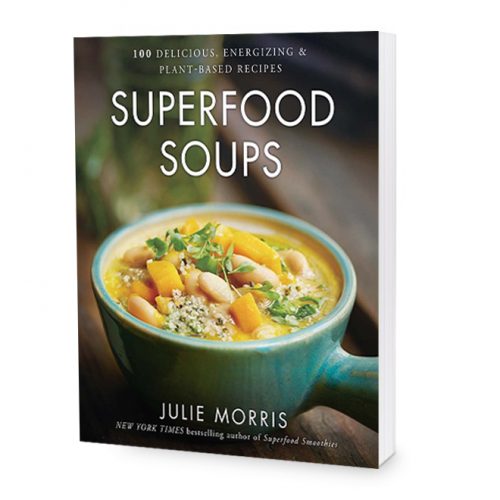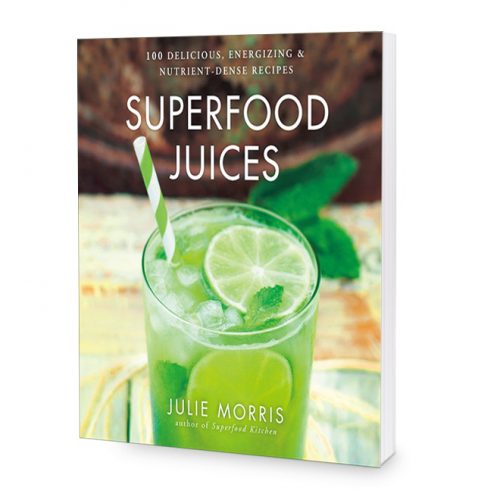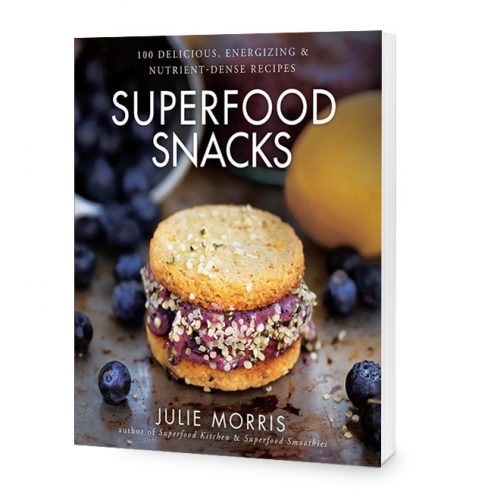Even if you look forward to spending time in the kitchen, absolutely everyone can benefit from an efficient, organized cooking process. The benefits are huge: you’ll save time, energy, and even money, while creating better-quality foodstuffs. Taking a few tips from the pro’s – the chefs who work with massive quantities of food everyday – you too can successfully make loads of healthy, homemade recipes that deliciously support your busy lifestyle! Here’s what you need to know:
Create a plan | Take a few moments over the weekend or whenever you have some downtime to pick some meals/recipes that you’d like to consume over the course of the upcoming week (or month!). Tag cookbooks, pin online recipes, or create a document that keeps track of your favorite meals. Ideally, these should be meals that you can enjoy at least twice over the course of a week.
Make a list | Some people say the worst thing you can do is to go food shopping hungry. I disagree. I think the worst thing you can do is to shop without a list! Don’t put yourself on an aimless stroll throughout the store, trying to remember if you have any tomatoes left at home. Keep an ongoing list of what you run out of at home, and add to it any ingredients you need to get for your meals before you hit the store. In my kitchen, we keep an “out of” list right by the refrigerator, and I snap a photo of it on my phone right before I head off to get groceries so I know what to pick up.
Cluster Recipes | While you don’t have to set aside an entire Sunday for a week of meal prep, it is a smart practice to carve out a couple hours to create several items at a time. Read through your chosen recipes (or just go over them in your head if you have them memorized), and write down the tasks that need to be done for all of them: i.e. bake the potatoes, cook the pasta, sauté the onions, soak the goji berries. Put these in an order where you start with the task that takes the longest, and end with item that takes the shortest, and work your way down the list in the kitchen. This way, you can work on several recipes at once, drastically cutting down on your time spent preparing food.
Properly Prep | Mise en Place – or “putting in place” – is not just the preparatory ingredient practice of professional kitchens; you should absolutely follow suit in your own kitchen as well! Measure out all your ingredients before you start the recipe(s), chopping, dicing, etc. This will make your cooking process much more fluid, not to mention more enjoyable and less stressful.
Keep Time | Speaking of less stressful, a kitchen timer is one of the best investments you can make for your kitchen: it’s the key to multitasking. Setting an outside device to keep time during cooking – even if something only needs to simmer for 5 minutes – means you can fully focus on your immediate task at hand, while not having to worry about overcooking whatever is going on in the background. While you can use absolutely any kind you want, often the best timers are the inexpensive, battery-free winding timers that make a loud reminding buzz to announce when your time is up!
Store Meals | If you’re the busy type who doesn’t have time to cook everyday, storing meals is key. Make a huge batch of granola and put in a glass container to snack on the whole week. Pre-portion servings of soup in refrigerated glass mason jars. Keep a big bowl of salad with all the trimmings in the refrigerator that you can simply grab from, quickly toss with dressing, and serve on a whim. This kind of practice is the epitome of the old saying “a stitch in time saves nine.”

